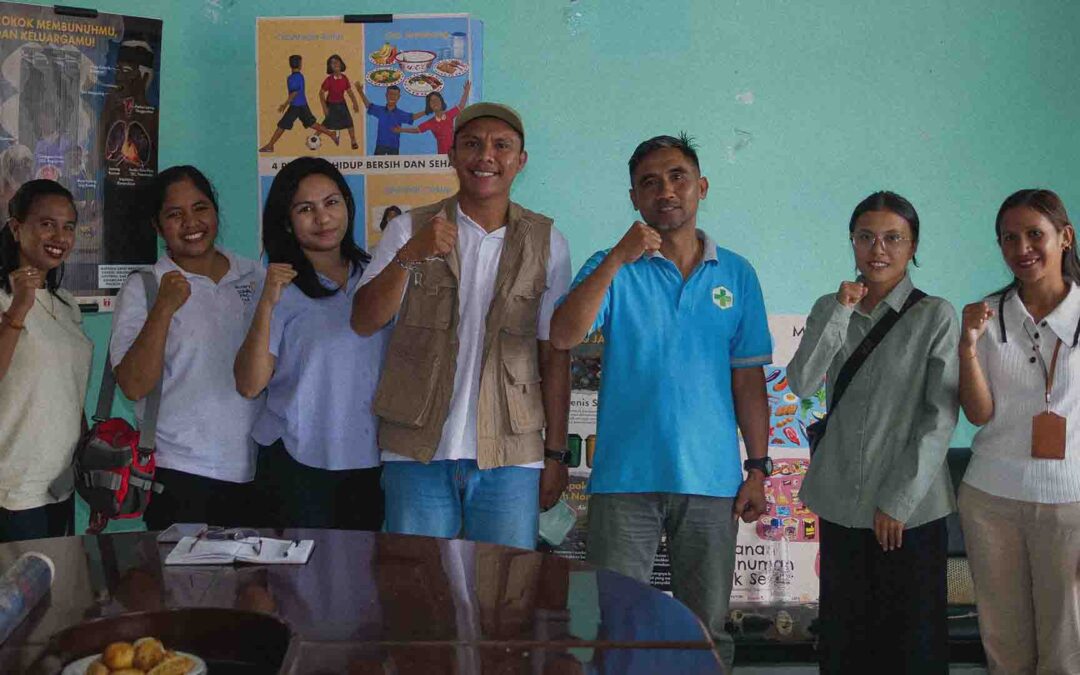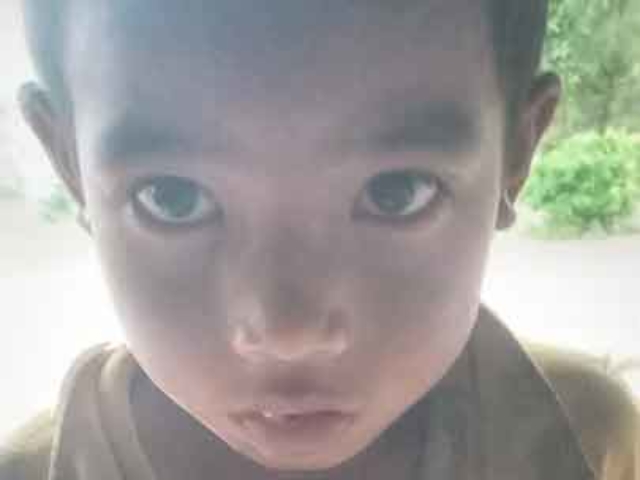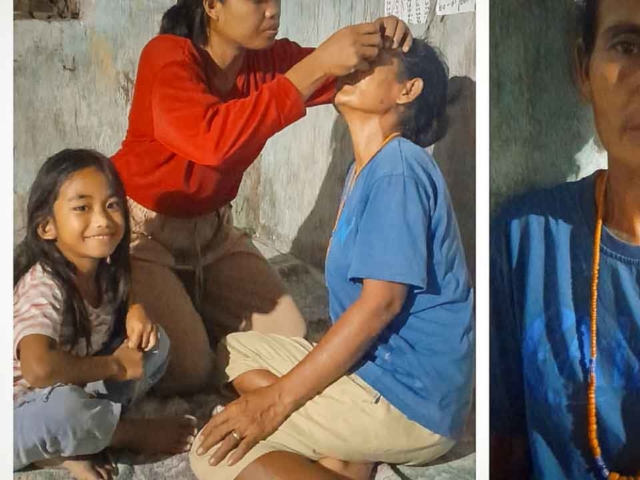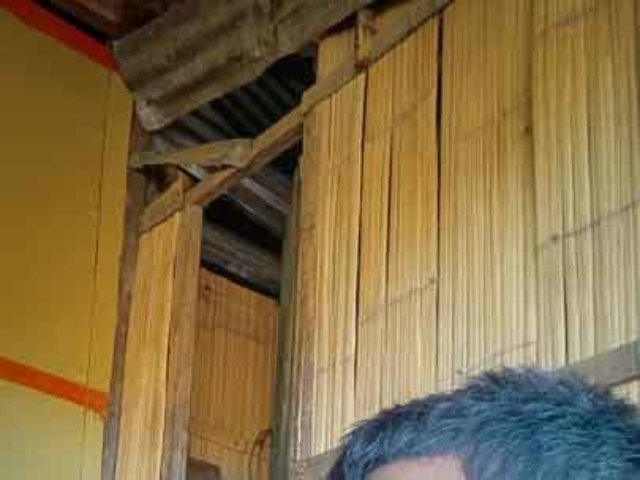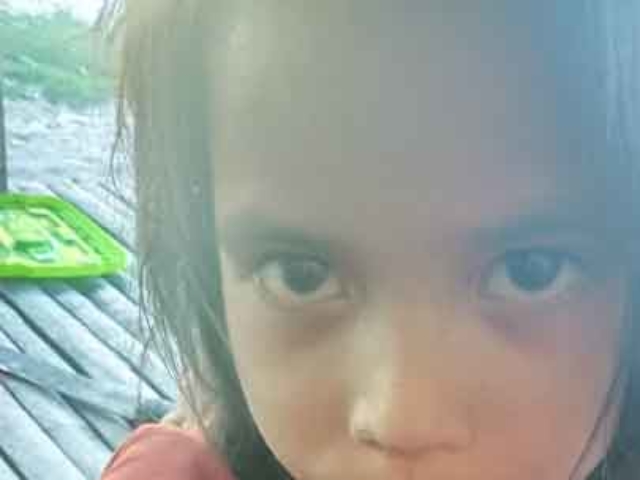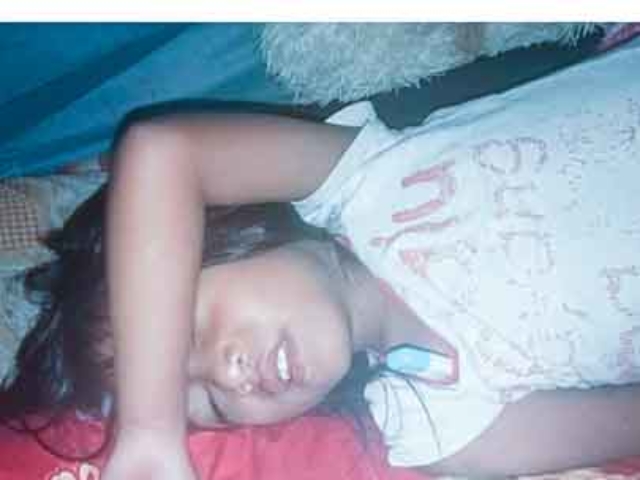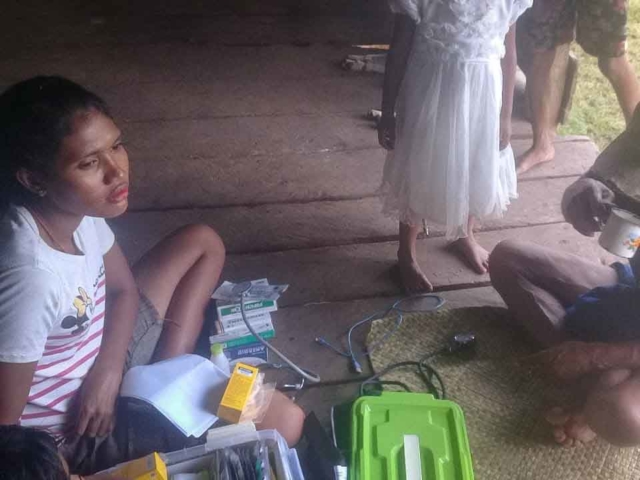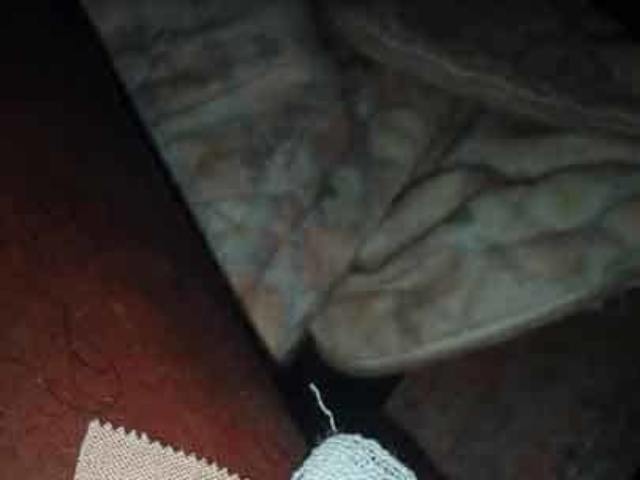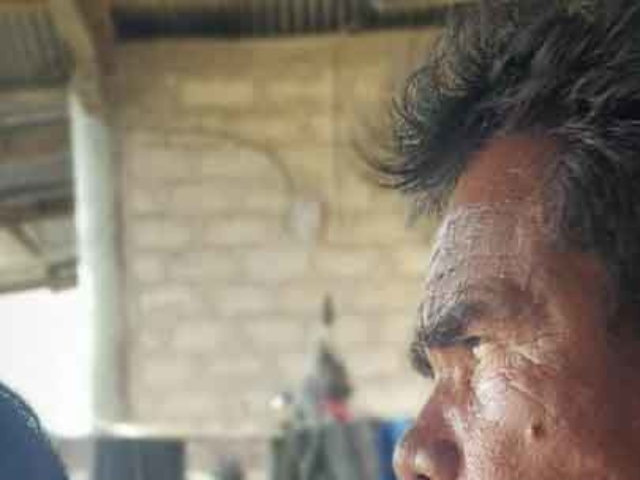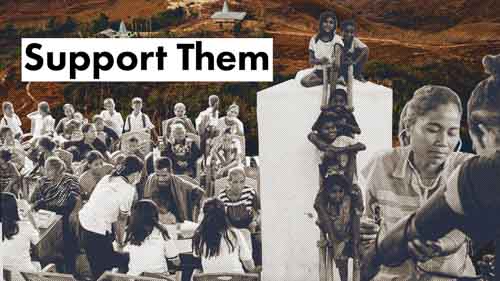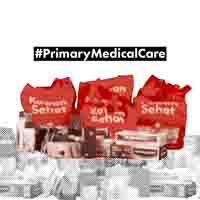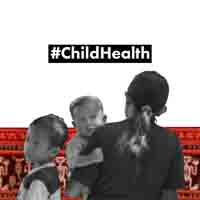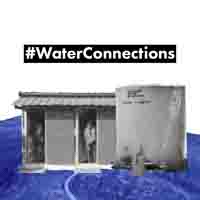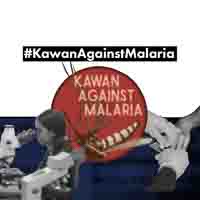Access to medical care in remote areas without a doctor or a health centre is a significant challenge. Thanks to the primary medical care program and for several months, we are changing the situation and preserving life.
Access to medical care in remote areas is a significant challenge when doctors and health centres are scarce. Fortunately, an innovative medical care program mobilises non-professionals to provide care and medicine to those who most need it. The impact of the PMC program is truly remarkable for the children and the adults who receive care. Witnessing the difference this program makes in the lives of those it serves is genuinely impressive.
During the first months of 2023, more than a thousand cases were treated by the health workers of the PMC Primary Medical Care programme. There are more than sixty health workers (Kawan Sehat agents) in Sumba Timur. Please feel free to browse through the album we have uploaded. It includes various galleries featuring images captured by the program’s agents.
These “Kawan Sehat” health workers are teachers who work in small schools in their villages, isolated from everything and mostly without roads. They are all extraordinary women, as we like to repeat as much as possible. The medical care they provide in sometimes extreme conditions is remarkable in every way. These women save lives in extraordinary situations through their work while no healthcare centre or doctors are present. Check out their impressive work in this photo gallery! These photos were taken by the Kawan Sehat agents themselves, even in some pretty harsh conditions.
Rugged terrain, long walking distances, and a lack of appropriate transport infrastructure often characterize these remote areas. These remote villages lack health professionals (as they usually prefer to work in urban or more developed areas). These regions also lack infrastructure and other necessary health resources such as medical centres, medical equipment, drugs and other medical equipment. Sometimes the nearest medical centre is abandoned, like the one in Tana Mbanas in Sumba Central.
This is why we have set up this PMC program through nursing and medical care training: How a non-professional can take care of an illness and injury quickly to prevent the patient’s health from worsening.
Technology plays a crucial role in solving health problems in remote areas. A working group on WahtsApp has been implemented to bridge the gap between patients and healthcare providers. Every two hours, we receive new images. The health worker in the village often acts alone and can – if necessary – ask questions. Our medical teams respond remotely immediately.
Our mobile clinic (the Truck of Life) and outreach programs are essential to provide health care or medical equipment to the more than sixty Kawan Sehat agents in remote communities.
Fair Future and Kawan Baik Indonesia firmly believe that everyone deserves access to medical care and, if possible, quality, wherever they are. Our unwavering commitment to ensuring everyone can live a healthy and happy life is at the forefront of everything we do in this PMC program.
In conclusion, improving access to medical care in remote areas where doctors and health centres are limited or absent requires an innovative and original, multi-faceted approach involving technology, infrastructure development, training of non-health professionals and perhaps most importantly, a collaboration between NGOs, communities and local authorities.
Through the collaborative efforts of our socio-medical partners and the Fair Future Foundation, we have successfully overcome challenges and provided access to essential health services and -primary medical care- for those residing in remote areas. Our joint commitment and dedication have proven that achieving this feat is undoubtedly possible.
We greatly appreciate your support in the early stages of the PMC program’s implementation in the field. Your contribution has been instrumental in enabling the program to achieve sustainable development and progress. Currently, Kawan Sehat health workers are successfully operating in ten out of the possible twenty-two districts.
Alexandre Wettstein from the Foundation’s Medico-Social Camp in East Sumba, Rumah Kambera, Lambanapu, on May 17th, 2023.
#PMCPositiveImpact #PrimaryMedicalCare #RuralHealthcare #PMC #KawanSehat #WomanEmpowerment #SuperHeroes #SumbaTimur #NTT #Healthcare #TeachersandCaregivers #TeachersHeroes #NoDoctorsHere #NoMedicalCenterHere #Donate #CharisSumba #SumbaVolunteer #UnicefIndonesia #TruckOfLife #RumahKambera
Primary Medical Care Progress Report
The Primary Medical Care (PMC) program has been a game-changer for many rural communities in East Sumba. Since its launch in December 2022, the programme’s workers – all strong women from ultra-rural areas – have treated more than a thousand people.
Remarkably, these Kawan Sehat agents are not medical professionals, yet they have saved countless lives. This testifies to the effectiveness of the program and the dedication of these heroes in these regions with no other medical resources than those offered by this program.
Our Latest Related Posts
PMC – Images taken by program participants in April and Mai 2023
Images taken in April and Mai 2023 – These extraordinary women, these heroes who provide medical assistance in the ultra-rural areas of East Sumba, are not medical professionals but teachers who have received extensive training in primary medical care.
Despite lacking essential resources such as water, electricity and transport access, they can identify and treat diseases such as dengue fever and malaria, ultimately saving lives. These dedicated teachers play a vital role in providing medical care to children in areas without access to doctors or hospitals.
The “Primary Medica Care” program is truly magical. It is one-of-a-kind and incredibly effective. The initial group of sixty teachers who received training in primary medical care for rural areas have shared their experiences and accomplishments as life-saving rescuers. They have gained confidence in themselves and their abilities, and it shows. The program provides medical assistance to sick or injured adults, ensuring that their children receive the care they need and lives are saved.
The program initiated by Fair Future and Kawan Baik Indonesia foundations has yielded remarkable results. Over sixty individuals have been trained, and two books have been published, one for children in schools and the other for participants. These newly trained rescuers, who are teachers in remote villages and regions of East Sumba, have displayed extraordinary enthusiasm, surpassing our wildest expectations. The images in this article depict some of the medical situations that teachers encounter on a daily basis.
The “Healthy Friend” group on WhatsApp is a platform where participants in the “Primary Medical Care in Rural Areas” program share photos taken with their mobile phones. This innovative program focuses on empowering teachers who work in isolated schools in remote regions. For more information, check out the link here: Read more information here, kawan.
By the way, do you know what Kawan Baik means? Nope? So click here to find out Kawan!




